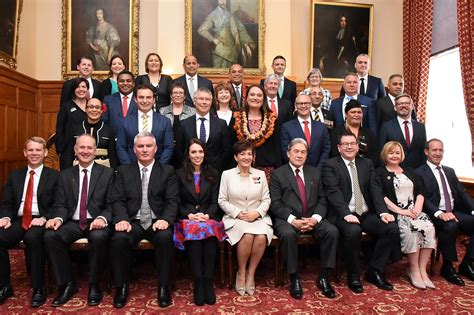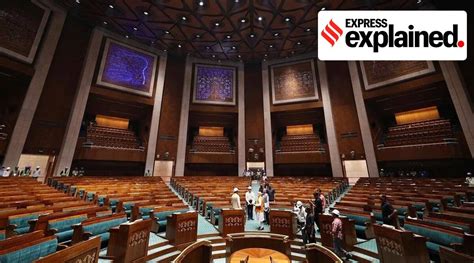“There’s a certain unpredictability about Trump that’s great.”
Once upon a time, in the tumultuous world of politics, there existed a theory—an idea so wild and daring that it captured the imaginations of leaders throughout history. This theory was known as the “Madman Theory,” a concept suggesting that projecting an aura of unpredictability and madness could actually be a strategic advantage in negotiations and diplomacy.
As we delve into this intriguing notion, one cannot help but think of a particular figure who seemed to embody this theory with gusto—none other than former U.S. President Donald Trump. Known for his unorthodox approach to governance and penchant for shock-and-awe tactics, Trump left many wondering: Does the Madman Theory actually work?
The origins of this theory can be traced back to another controversial leader, Richard Nixon, who believed in keeping his adversaries on edge by making them think he was capable of drastic actions, even potentially using nuclear weapons. Nixon’s “madman” persona was carefully crafted to instill fear and uncertainty in his opponents, ultimately aiming to secure favorable outcomes at the negotiating table.
“We must as a nation be more unpredictable.”
Fast forward to the 21st century, where Trump burst onto the political scene with bombastic rhetoric and unconventional behavior. During his presidential campaign, he openly embraced the idea of being a different kind of leader—one who was not afraid to tread into uncharted waters and shake things up.
Trump’s strategic use of unpredictability was evident in his dealings with countries like North Korea and South Korea. By employing fiery language and bold threats, such as promising “fire and fury” against North Korea or labeling Kim Jong Un as “Rocket Man,” Trump sought to project strength through perceived irrationality—a classic tenet of the Madman Theory.
However, behind this facade of madness lay calculated intentions. Despite outward appearances, Trump’s actions were often driven by strategic objectives aimed at extracting concessions from adversaries while showcasing strength to allies. In essence, he used unpredictability as a tool in his diplomatic arsenal—a way to keep counterparts guessing while advancing America’s interests.
“Plenty of world leaders think [Trump] is crazy—and he seems to view that madman reputation as an asset.”
But did Trump’s Madman Theory yield tangible results? The answer lies in understanding the nuanced dynamics at play within international relations. While some may argue that Trump’s aggressive posturing led to modest victories such as trade concessions or temporary ceasefires, others point out that true success in diplomacy requires more than just bluster—it demands credibility and consistency.
Critics within his own administration raised concerns about Trump’s erratic behavior, with reports emerging of aides working behind the scenes to temper his impulses. This dichotomy between projected madness and internal reassurances paints a complex portrait of leadership—one where perception often diverges from reality.
Moreover, experts have debated the effectiveness of employing the Madman Theory in modern geopolitics. Scholars like Roseanne McManus have explored scenarios where strategic unpredictability could pay off under specific conditions but caution against overreliance on such tactics without concrete planning or follow-through.
As we reflect on Trump’s tenure through the lens of the Madman Theory, one thing becomes clear: while bravado may capture attention in the short term, lasting diplomatic achievements hinge on credibility and trust-building measures—a lesson that transcends any single administration or ideology.
In conclusion…
The saga of Donald Trump and his flirtation with the Madman Theory serves as a compelling chapter in the annals of political history—a narrative brimming with intrigue, strategy, and above all else, human complexity. As we navigate an ever-evolving global landscape fraught with challenges old and new, perhaps it is not sheer madness that prevails but rather a measured blend of resolve tempered by reason—the delicate dance between chaos and order that defines leadership itself.











Leave feedback about this